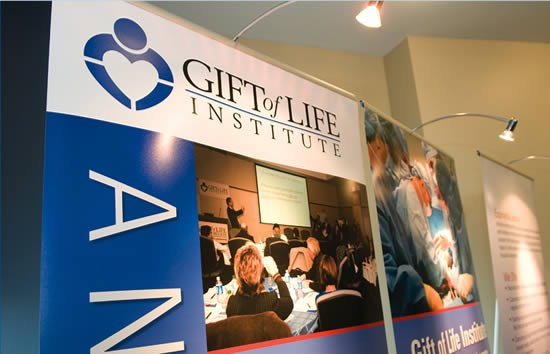
We are all hard-wired to protect ourselves from emotional pain, just as we avoid physical pain. But the work of donation coordinators requires them to stay present to intense interactions, including anger.
There are many reasons why family members may respond with anger:
- Anger can be preferable to experiencing grief.
- Sometimes anger makes people feel stronger and better able to care and advocate for their family.
- And, unfortunately, some people may have been treated unfairly by the healthcare system in the past.
When we are accepting of someone’s anger, we prove that we are really there to help them. Being present with someone’s anger can be an opportunity to help them and to build our relationship with them. But we must stop taking it personally and learn to manage our own reactions.
Sometimes angry feelings can spill over into violent behavior. Donation coordinators must safeguard themselves. However, they must make sure that their assessment is not based on stereotypes. Even gang members can just want to pay their respects and say goodbye. Warning signals include intoxication or any mention of prior violent behavior. Coordinators should ask the individual or family members to identify a support person; sometimes a family member or spiritual leader can assist. And remember, donation coordinators don’t have to do it alone… and not to put themselves at risk.
When confronting intense emotions, coordinators should try to find something to agree with and normalize what is being said: For example, say, “Of course you have strong feelings about everything that has happened.” Coordinators must find their own language and practice out loud, but avoid directly saying that the individual or family member is angry… that usually provokes an angry denial.

